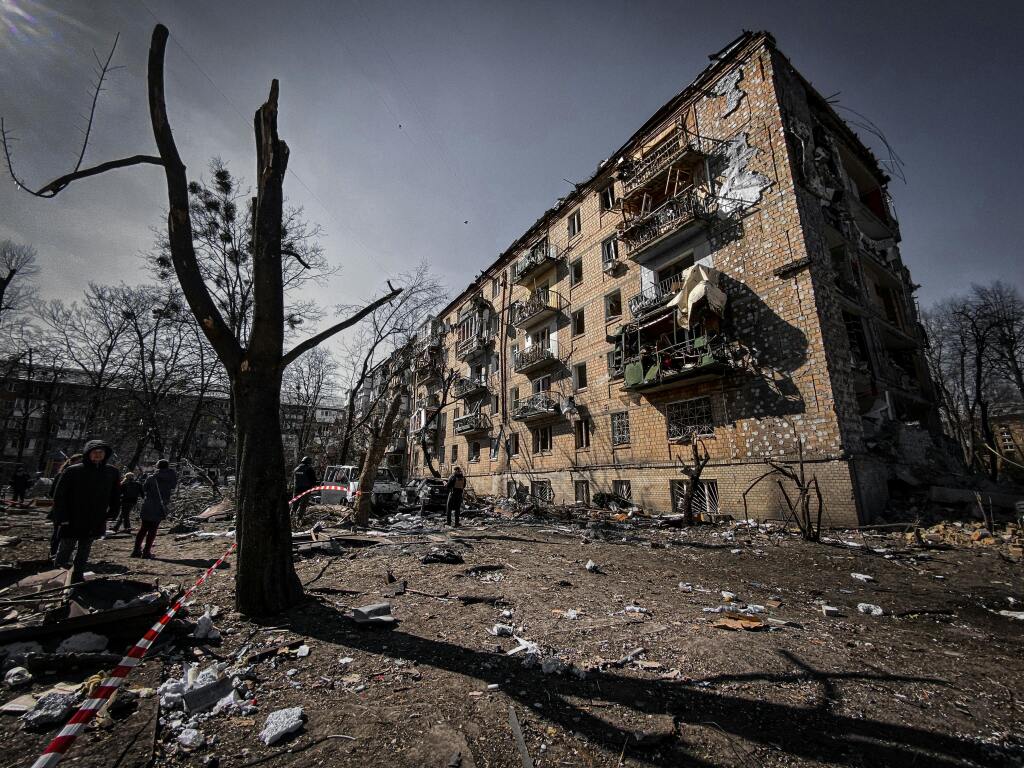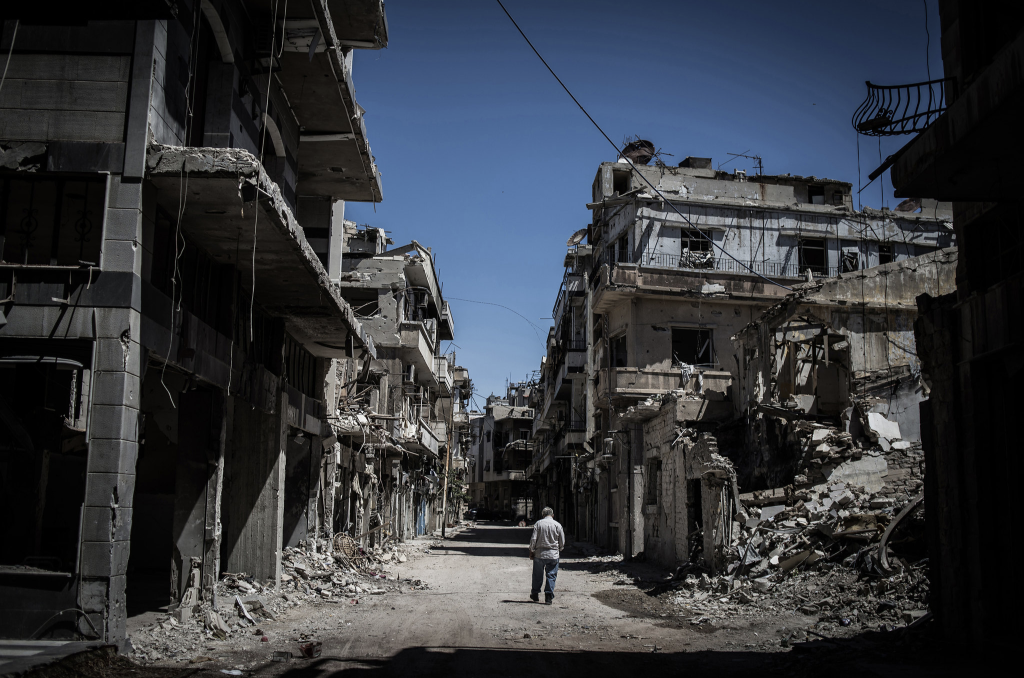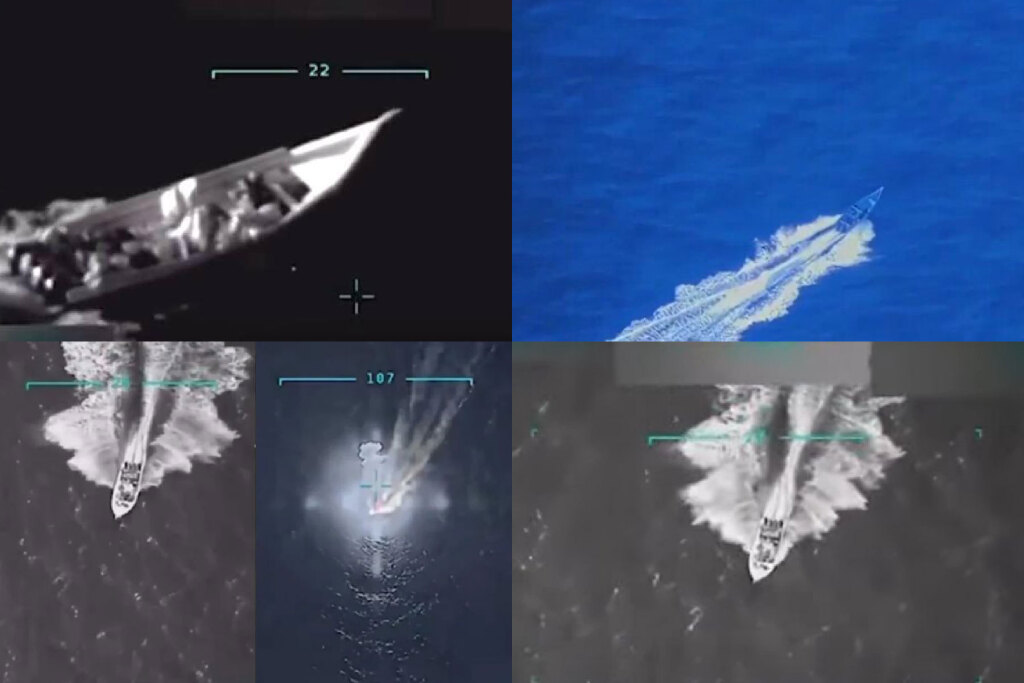The armed forces of the United States have been directly active in a number of military campaigns in recent decades, including in Afghanistan, Iraq, Syria, Yemen and Somalia.
Airwars has documented allegations of civilian harm from U.S. actions in multiple contexts including Somalia and Yemen, as well as conducted a number of major investigations.

Conflicts monitored involving U.S. Forces





